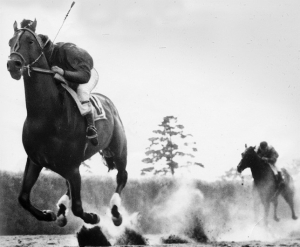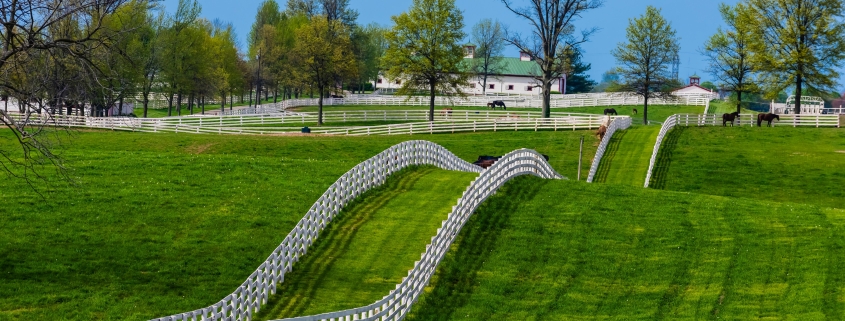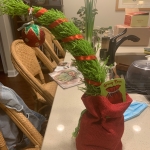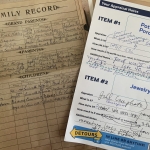The Old Man and a Shoe
In the heady, post-war days in the spring of 1948, he was a three-year-old hero, a superstar before the term was coined, his name in the headlines everywhere and on the lips of the lucky punters who picked him in the Kentucky Derby and cashed in. He thundered into history that June at Belmont Park by eight lengths, achieving what only seven before him had managed in more than a century: An American Thoroughbred racing Triple Crown, having added the Preakness Stakes win in between the Derby and Belmont victories.

Citation winning the 1948 Belmont Stakes. Photo credit: The Blood-Horse library.
His name, Citation, was carved into trophy after trophy and into the long shadows cast by the greatest of all time. He was born in the spring of 1945, a few short weeks before the Allies declared victory in Europe. After four seasons on the track, 32 wins and more than a million dollars earned, his place secured in racing history and the hearts of millions of fans, he retired at six and returned to his birthplace in the rolling fields of Central Kentucky’s Bluegrass country at his birthplace, Calumet Farm.
By the time I met him, when I was eight and he was 20, he was living the quiet life of a celebrated old man. Calumet was informally open to visitors back in those days, and we lived just down the road. When my parents entertained out-of-town guests with a visit to the renowned Thoroughbred operation, with its red-trimmed white barns and pristine, white plank fences, they let their horse-worshipping middle daughter tag along.
To a child, it was hard to equate a thundering champion with this gentle old fellow, head drooping in relaxed fashion over his stall door, long back swayed deeply with age, soft whiskers twitching with gentle snorts as he sniffed hopefully for the treats customarily proffered by the still-frequent stream of admiring fans. He ignored the patient recitation of his stats and remarkable accomplishments by the kind farmhand, who chatted proudly about the champion as he passed the feed bucket to visitors. Just the treats, please, said those twitchy snorts, so I flattened my palm, as I had long ago been taught, and gingerly approached. As long as I kept my palm rigidly flat, I knew, he could nibble the soft golden oats off without using those old teeth. And so he did.
Did he shed his shoes after every brilliant triumph, like an exhausted ballet dancer whose magical athleticism broke down her ribbon-tied toe shoes after The Nutcracker? The long-time farmhand was vague on that point, as I recall, but the discarded racing plates attributed to the old champion were free to the faithful who handed over the oats and maybe stroked the old, still powerful neck, which I was too timid to try. It was a souvenir like no other, said to be straight off the foot of one of the fastest creatures to every streak across the earth’s face. This shoe, I thought as I clutched it in the car on the ride home, could have won the Kentucky Derby. It really could have, I repeated to myself, not daring to speculate aloud for someone to pooh-pooh.
I’ve been privileged to brush close to greatness a few times in my life, and when I think of those moments, I still think of Citation. Half a century later, I’ve lost count of the number of homes where Citation’s shoe has resided with me, one of the tiny handful of souvenirs that ever meant enough to keep. But I kept it for luck, for inspiration, and for fond memories every year at Derby time.



